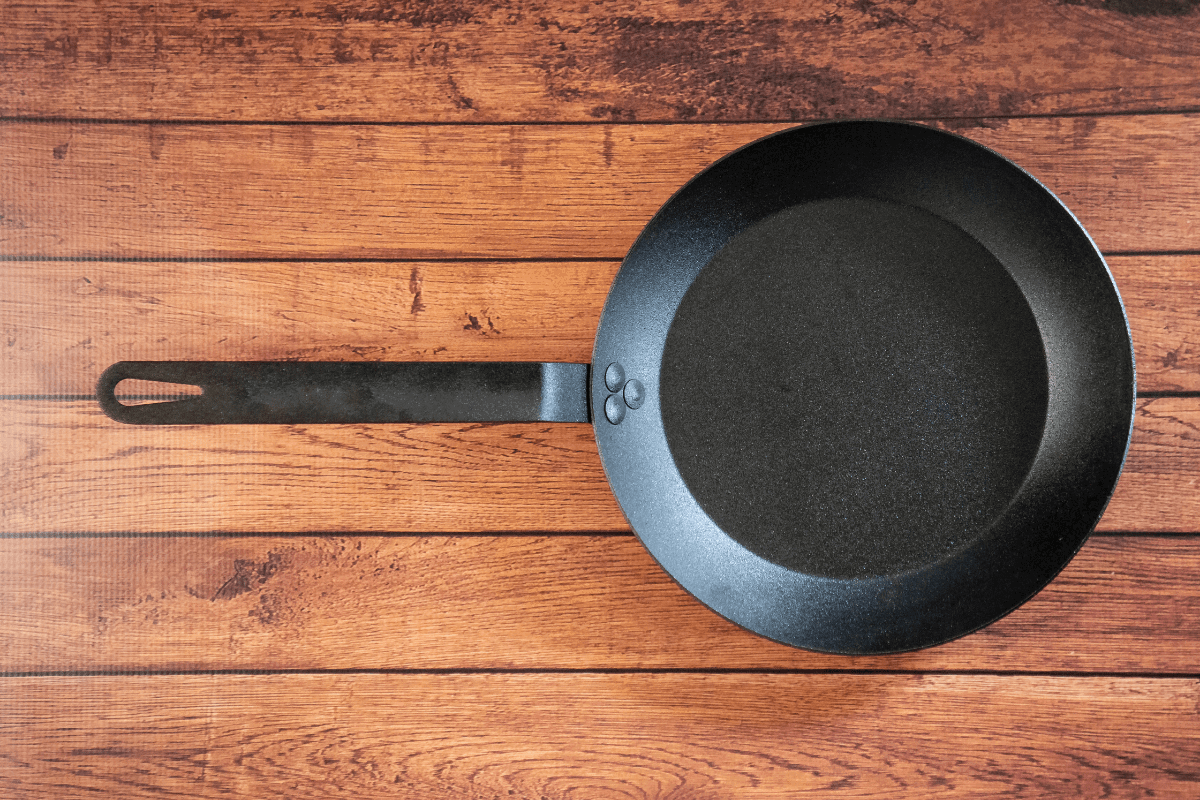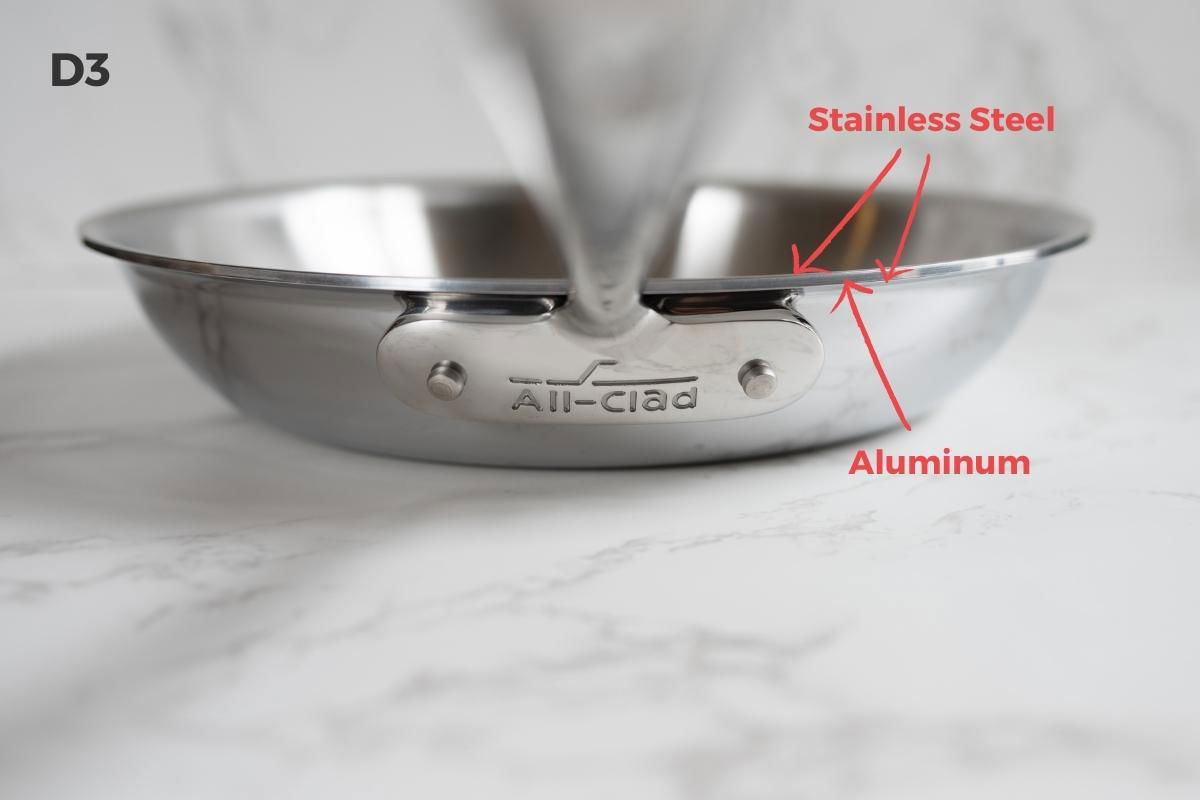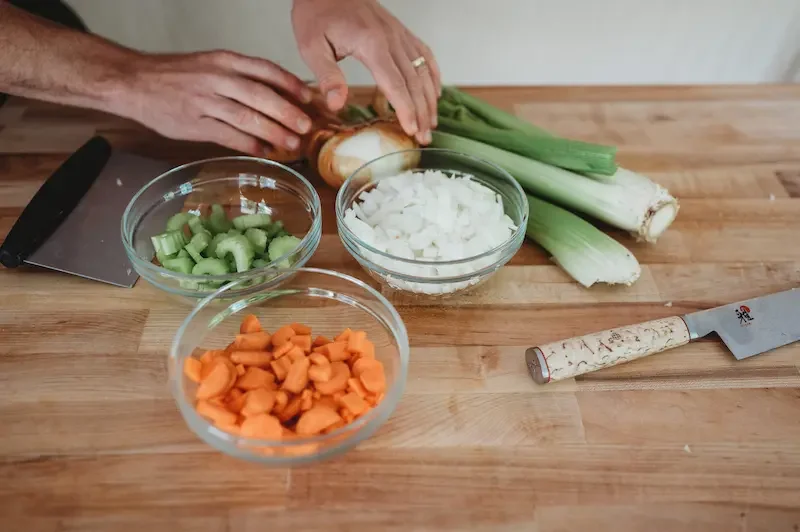When it’s fresh, ginger can impart a pleasant spice and aroma to any dish. But stale ginger is both harder to work with and less flavorful.
Through 10 years of professional experience in bars and restaurants, I’ve learned just about everything there is to know about storing (and preserving) ginger. And in today’s guide I’ll share my top tips and secrets for keeping your ginger fresher and longer.
In This Article
Before We Begin: Choose Your Ginger Carefully

No matter how attentive you are to storing your ginger properly, it won’t matter much if you don’t start with the freshest roots possible. Here’s what to look for when buying ginger:
- The skin should be smooth, not wrinkly. Wrinkly skin means the ginger is already going bad.
- There shouldn’t be any mold. Check the root tips carefully for fuzzy filaments. If there’s even a small dusting of this type of mold, the ginger isn’t worth buying.
- If you scratch the ginger with your fingernail it should yield a pleasant aroma. If it doesn’t, the ginger isn’t very good quality and won’t taste great in your recipes.
So how do you find ginger that meets all three criteria? Easy: Shop at your local Asian market, farmer’s market, or food co-op. All three of these locations will sell more ginger more regularly, meaning that you’ll have access to fresher products.
Three Ways to Store Ginger
If you’ve bought ginger before and been disappointed with its longevity, chances are good you kept it uncovered at room temperature. That’s often how it’s displayed in stores — but it’s also the worst way to store it.
Here are three better ways to extend the life of your ginger roots:
In the Fridge

The simplest way to store your ginger is in the refrigerator. The cool temperatures will help keep it fresher for longer. Leave the peel on to maintain maximum freshness.
But that still leaves the ginger vulnerable to drying out in the circulated air environment of your fridge. To remedy this, store your refrigerated ginger in a paper bag or wrap it in slightly moist paper towels.
In the Freezer

For extra-long storage times, you can keep your ginger in the freezer. Wrap it in a freezer-safe bag like a Ziploc. And be sure to push most of the air out to prevent freezer burn.
Some cooks prefer keeping their ginger frozen because it’s easy to peel and grate directly from the freezer. But it’s not my preferred method of storage.
Here’s why: When you freeze ginger, the water inside of the root freezes and expands. This breaks down the cell walls of the ginger, altering the flavor and aroma. I find that freezer-stored ginger is less flavorful in my recipes. And it also provides a mushier texture than refrigerator-stored ginger.
In Vinegar or Alcohol (Preserved)

What can you do if you have so much ginger that you’ll never use it all while it’s fresh? This is especially relevant to gardeners and people subscribed to CSA boxes.
If your house is overflowing with ginger, preserving it is the right way to get the most use out of it. There are two main methods of preserving ginger:
- In vinegar. The acetic acid present in vinegar acts as a preservative — and the ginger will impart its wonderful flavor and aroma to the liquid. Then, you can use this as a flavorful salad dressing ingredient.
- In alcohol. Alcohol also acts as a preservative, and it will powerfully extract the flavor from ginger. You’ll end up with a spicy tonic beverage or a concentrated tincture depending on your ratio of ginger to alcohol.
Preserving in vinegar or alcohol couldn’t be easier. All you have to do is roughly chop your ginger, add it to the liquid base, and seal it in an airtight jar. Then wait a few days to a few weeks, tasting as you go to get your desired level of ginger flavor.
What’s Next? More About Ginger
Bought fresh and stored properly, ginger can give a special kick to any of your favorite recipes. Store it in the fridge as your go-to method, and consider freezing or preserving it for longer-term storage.
And when you’re ready to use the ginger you’ve so carefully selected and stored, why not check out my articles on how to peel ginger and how to mince ginger? Then you’ll be fully prepared to make the best of your ginger root bounty.







